For decades, Germany has enjoyed a reputation as an anchor of stability: solid rule of law, strong industry, reliable markets. But the framework conditions are changing. Studies and data increasingly show that assets, companies and talent are exploring new options. Money flows abroad, companies relocate their headquarters, wealthy individuals seek alternative places to live and do business. This capital outflow from Germany is a clear sign of a turning point in German economic and tax policy.
The development does not only affect entrepreneurs or investors — it reflects the climate in which we all do business and what prospects exist for the future.
Control: a key location factor
Germany is one of Europe’s high-tax countries. Top earners face a tax burden of over 45 percent, plus social security contributions, business taxes, capital gains and inheritance taxes. Discussions about additional taxes and a possible tightening of tax regulations are increasing the feeling of limited predictability among many and raising concerns about further burdens. Exit taxation represents a particular challenge for taxpayers who move their place of residence abroad.
Other countries are deliberately focusing on tax competitiveness. Switzerland offers attractive models for entrepreneurs, Ireland scores with low corporate income tax, and Dubai completely dispenses with income tax. While success in Germany is increasingly burdened, other countries see economic dynamism as an opportunity — and are attracting investments and high-net-worth individuals.
Bureaucracy: Speed as a location factor
Innovation happens where processes are efficient. Starting a business in Germany often takes weeks or even months. Digital processes are only available to a limited extent, and procedures run across several authorities.
A look abroad shows other approaches: in Estonia, a company can be founded online in less than an hour. In Dubai, many company formations are completed within three days — fully digital and with clear points of contact. Studies show that the speed of procedures is a decisive location factor and plays an important role in the exodus of companies and specialists.
Energy Policy: Costs and Predictability
The energy transition is a key project, but companies are increasingly critical of its effects. According to the IHK Energiewende Barometer 2024, the figure is −20 — one of the lowest ever measured (dihk.de). Companies with high electricity costs are responding in particular: 45 percent are planning to reduce or relocate production.
Predictability is also an issue. In Hesse, over 63 percent of the companies surveyed said they felt held back by unclear energy policies (Chamber of Commerce and Industry). There are also risks such as extreme price fluctuations — for example in 2024, when electricity prices briefly rose above 936 €/MWh (wikipedia).
For energy-intensive industries, security of supply is thus becoming a central criterion for location decisions and influences the migration of companies abroad.
Skilled workers: bottlenecks as a growth risk
Germany is facing a demographic challenge. Forecasts suggest that around seven million workers will be missing by 2035. Procedures for international professionals — from visas to recognition of degrees — are considered complex and lengthy.
Other countries are specifically using immigration as a competitive advantage. Canada, Australia and Singapore rely on clear programs. In Dubai, professionals are actively recruited and retained through tax benefits, modern infrastructure and international communities. The role of residence and employment law is decisive when choosing a location for people and companies.
Entrepreneurship: Comparing framework conditions
Entrepreneurship depends on the courage to try something new. In Germany, founders often find funding programs to be bureaucratic and venture capital scarce. Skepticism shapes how we deal with entrepreneurial success.
Other locations promote dynamism more strongly: Estonia with its digital administration, Singapore with global connectivity, or Dubai with a clear focus on growth and internationality. Politicians in Germany are faced with the task of improving these framework conditions in order to stop the exodus of talent and capital.
Capital outflows: Figures show clear trends
The development is reflected in hard data. According to IW Cologne, Germany achieved a historic high level of net direct investment outflows in 2022: 125 billion euros. A further 94 billion followed in 2023, resulting in a total value of 319 billion euros in just three years (Finanzmarktwelt, March 2024).
In parallel, the foreign volume of German direct investments rose to 1,700 billion euros by mid-2024 (Bundesbank, October 2024). At the same time, inflows to Germany fell significantly — from over 150 billion euros in 2021 to 43 billion in 2024 (vfa, May 2025).
These figures show how capital outflow from Germany and the exodus of companies and assets are weighing on government tax revenues and influencing economic development.
Companies: Location decisions reassessed
An EY study shows that 45% of industrial companies are planning to relocate abroad in 2024, while only 13% rely on Germany (ey.com). Reuters confirms this finding: Almost half of German industrial companies aim to go abroad.
This shows a clear trend — investments, jobs and innovation are increasingly oriented internationally.
Wealthy individuals: Migration is increasing
There is also movement in the area of private wealth. In 2024, an estimated 200 German millionaires left the country — four times more than in previous years. The Henley Partners Private Wealth Migration Report 2025 reports that around 142,000 high-net-worth individuals (HNWIs) are relocating their place of residence. With a net inflow of 9,800, the UAE is in the lead (Business Insider).
Behind the figures is the search for stability, attractive framework conditions and international networking.
Dubai as a comparative example
The dynamics become particularly clear when looking at Dubai as an example. In 2024, the number of German companies there rose by 64 percent. By the first quarter of 2025, there were 2,719 active companies. In parallel, the Dubai 2040 Urban Master Plan focuses on long-term infrastructure: doubling green spaces, expanding beaches, extending the metro network and introducing the 20-minute city concept. While Germany is struggling to create suitable framework conditions, other countries are focusing specifically on growth and predictability and are thus showing how an attractive location can be designed.

.svg)

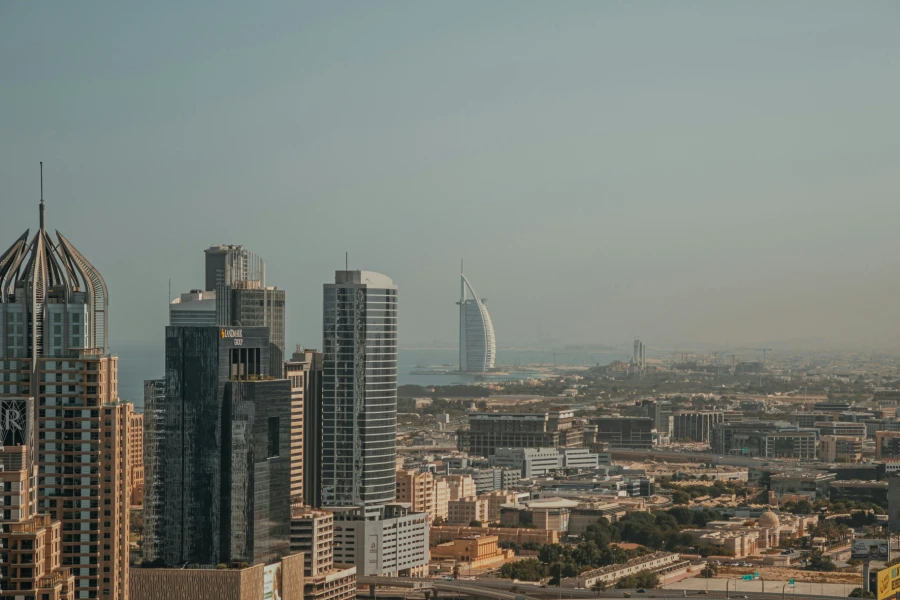
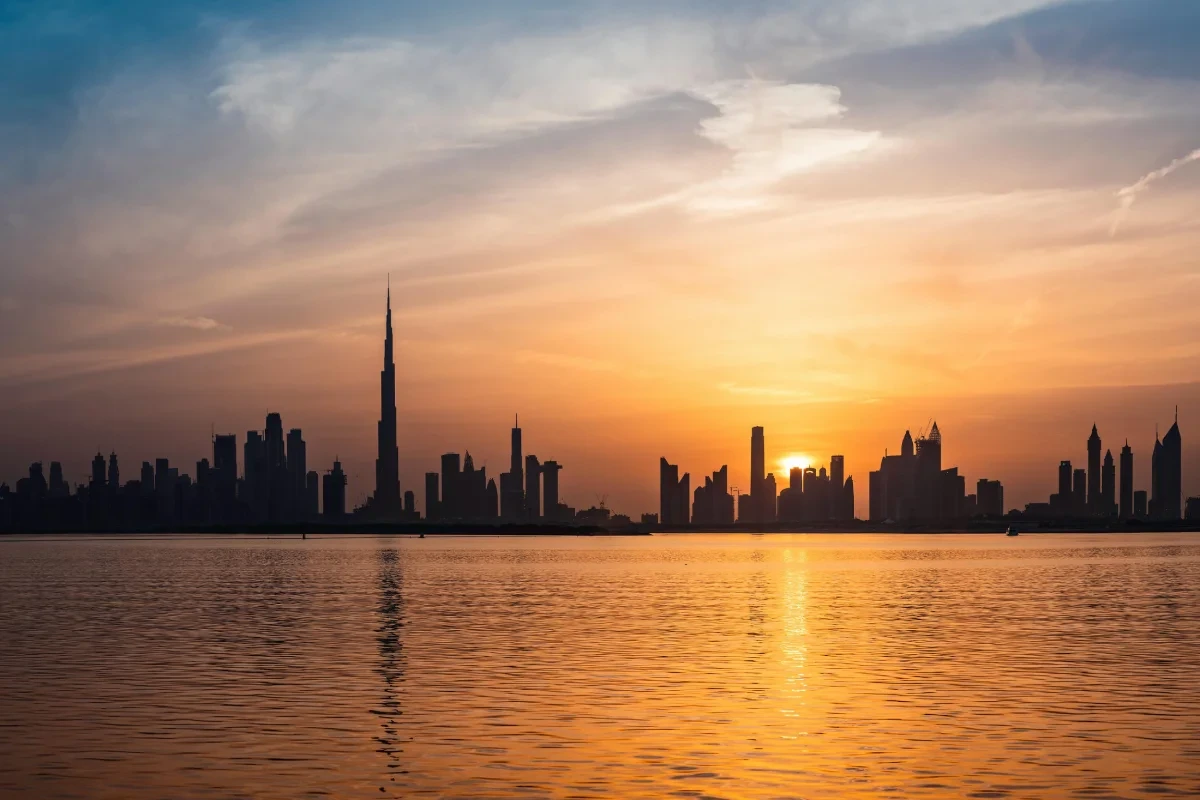


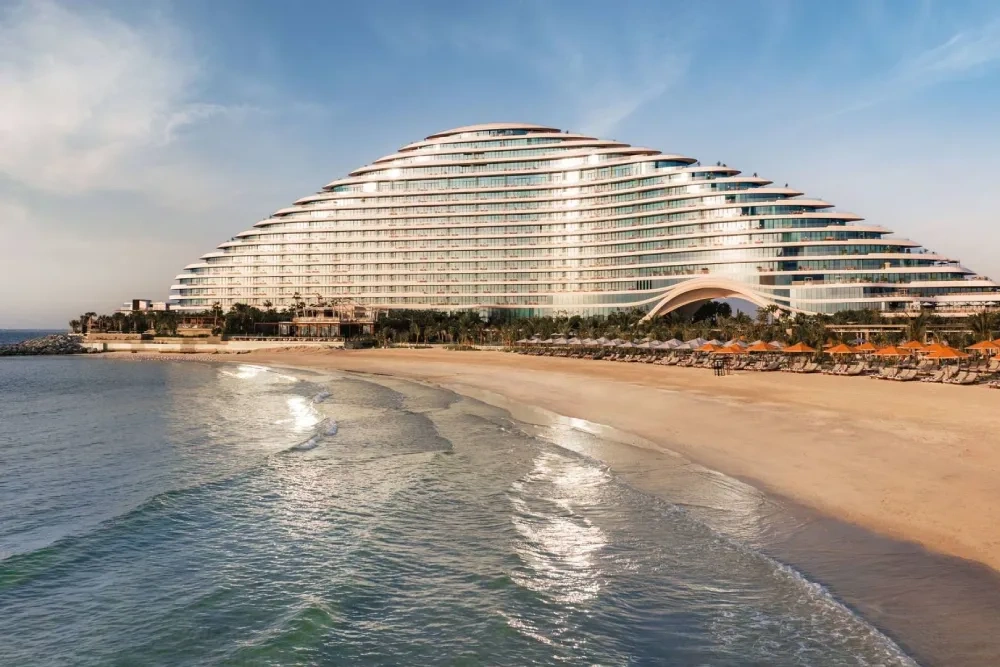
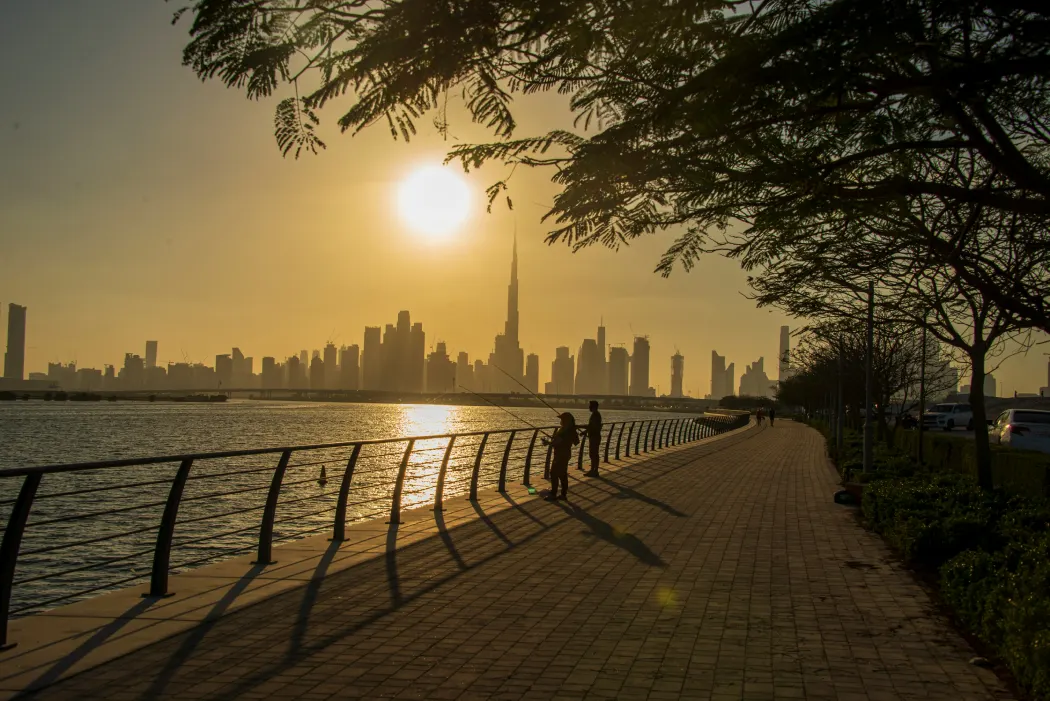



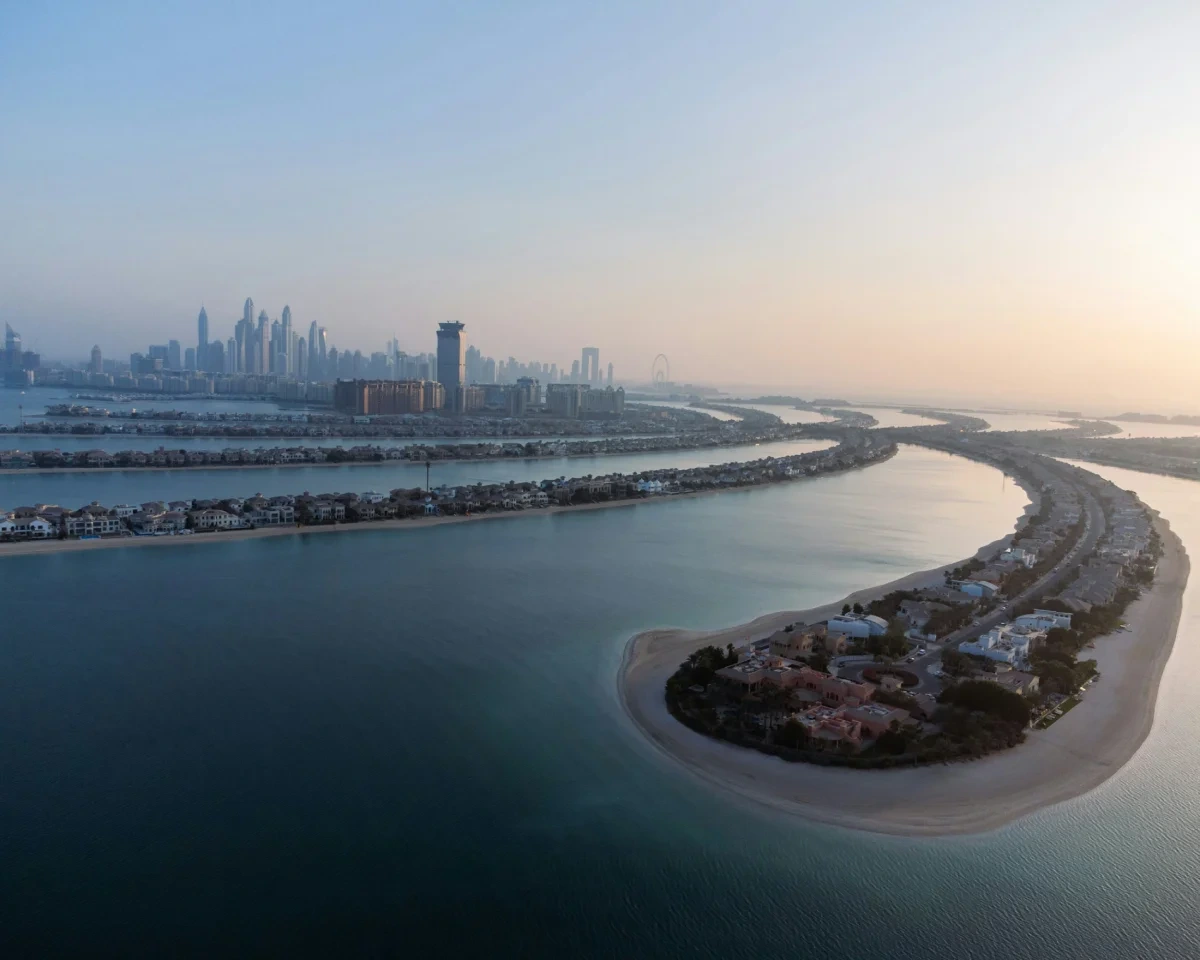
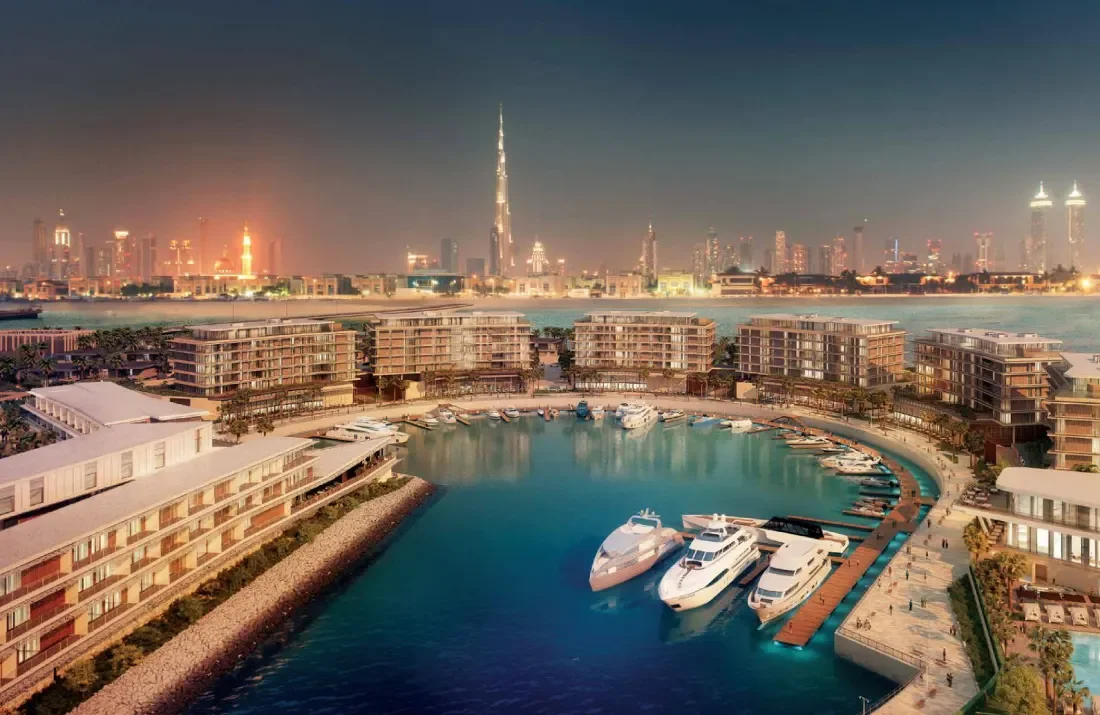
.webp)

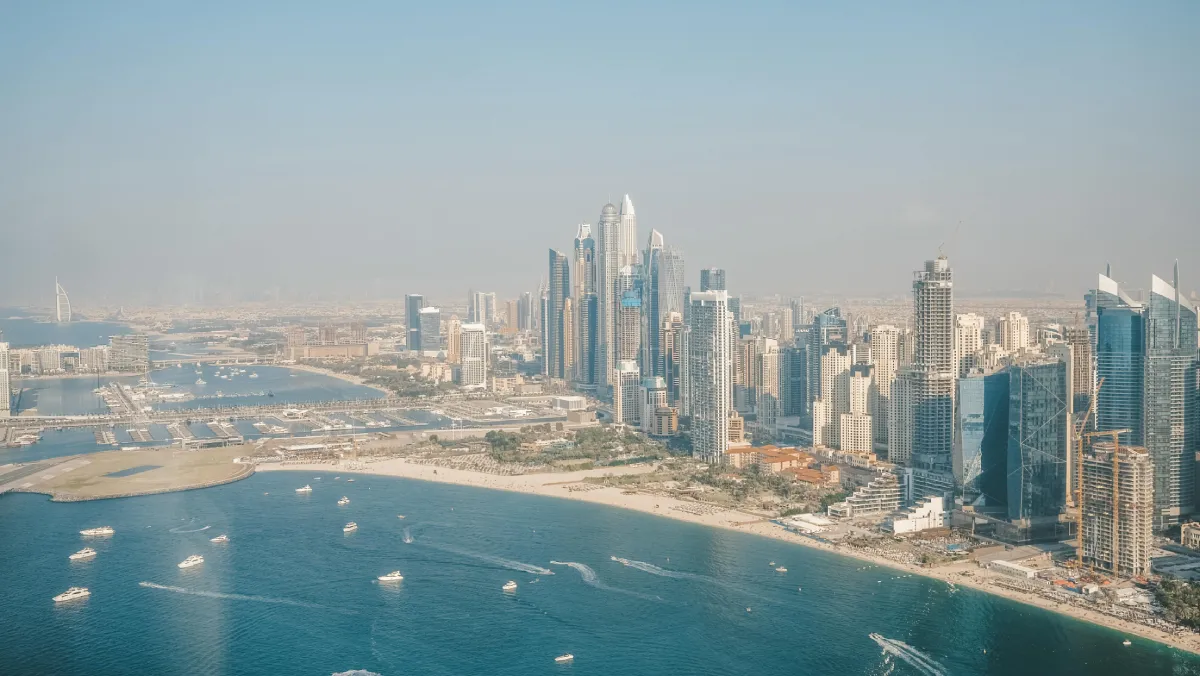
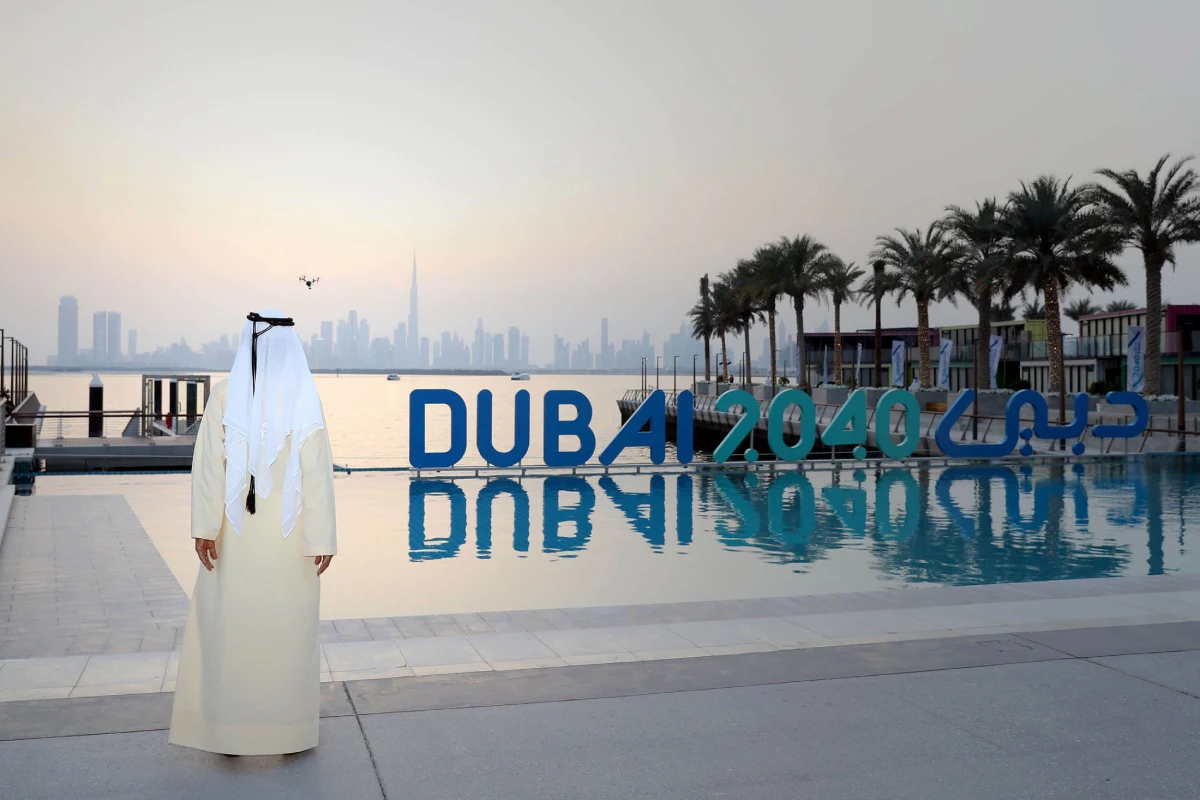



.webp)
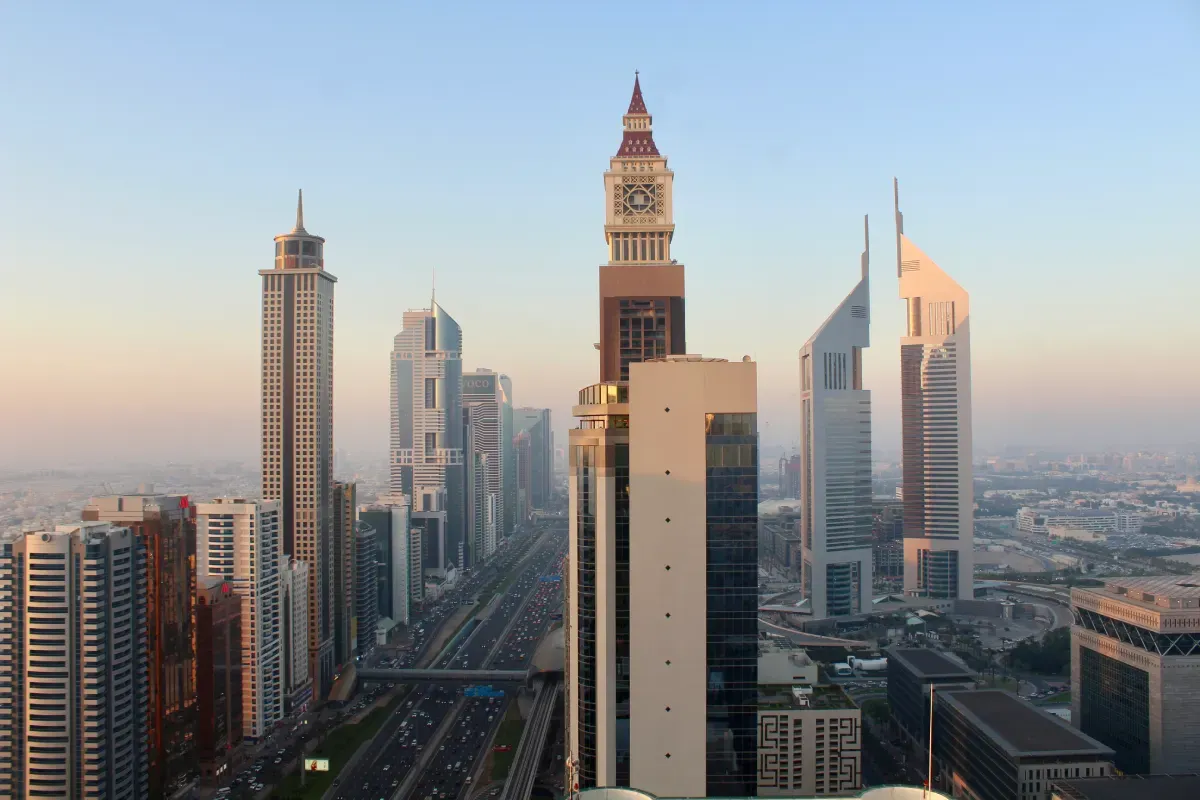
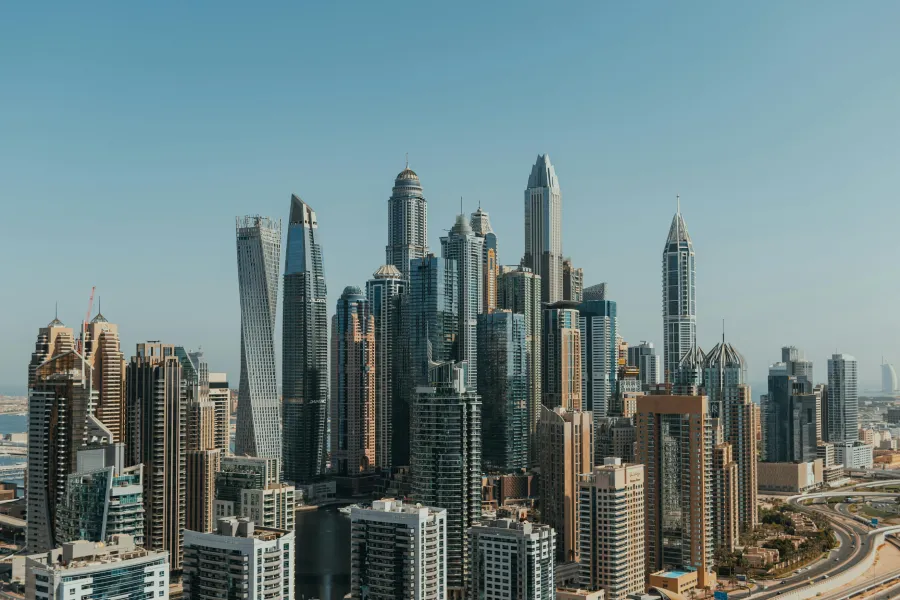

.webp)
.webp)




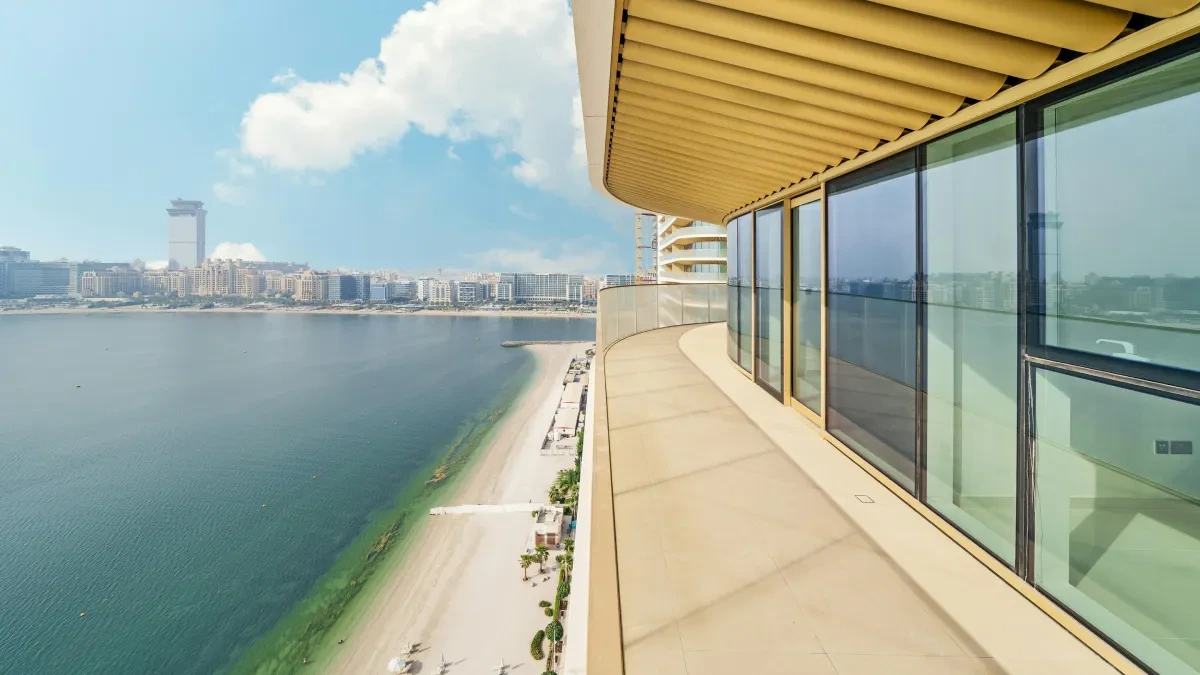


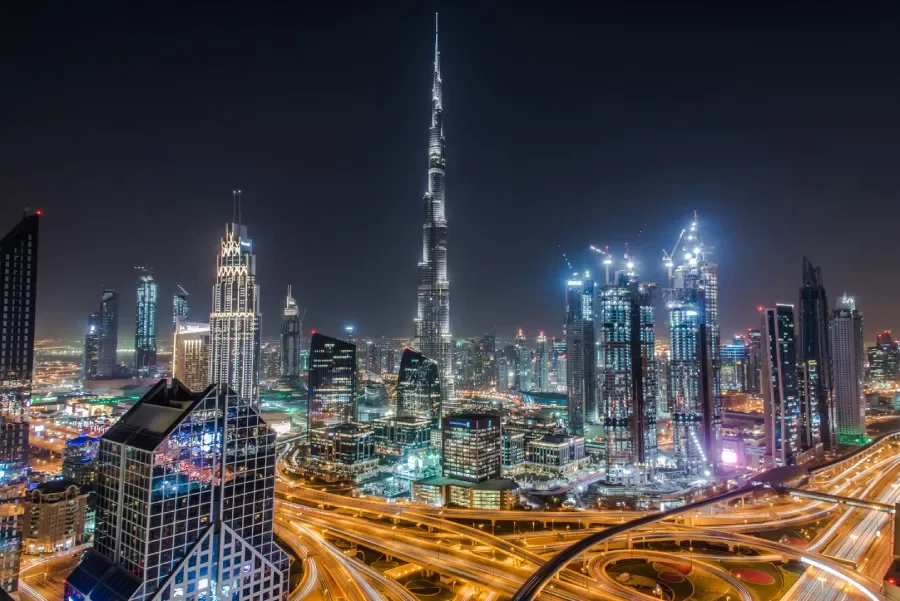

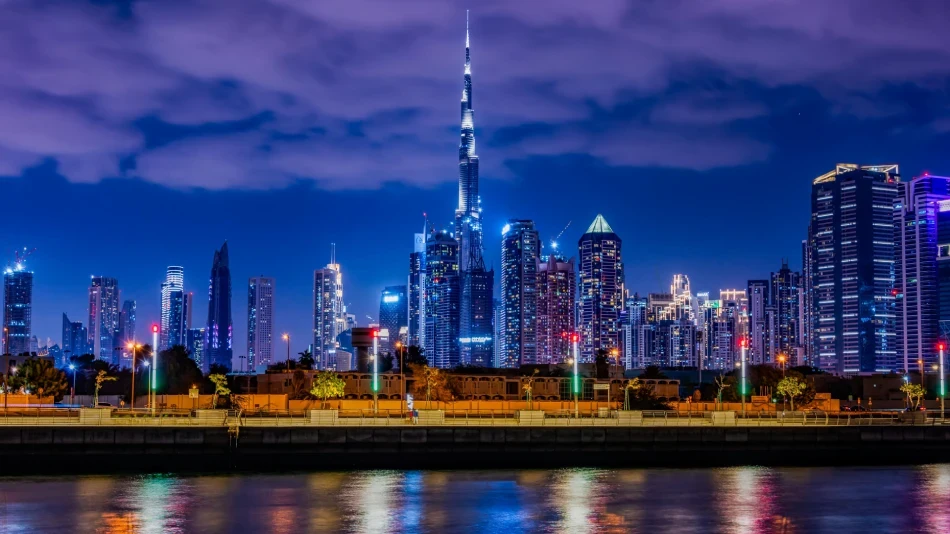

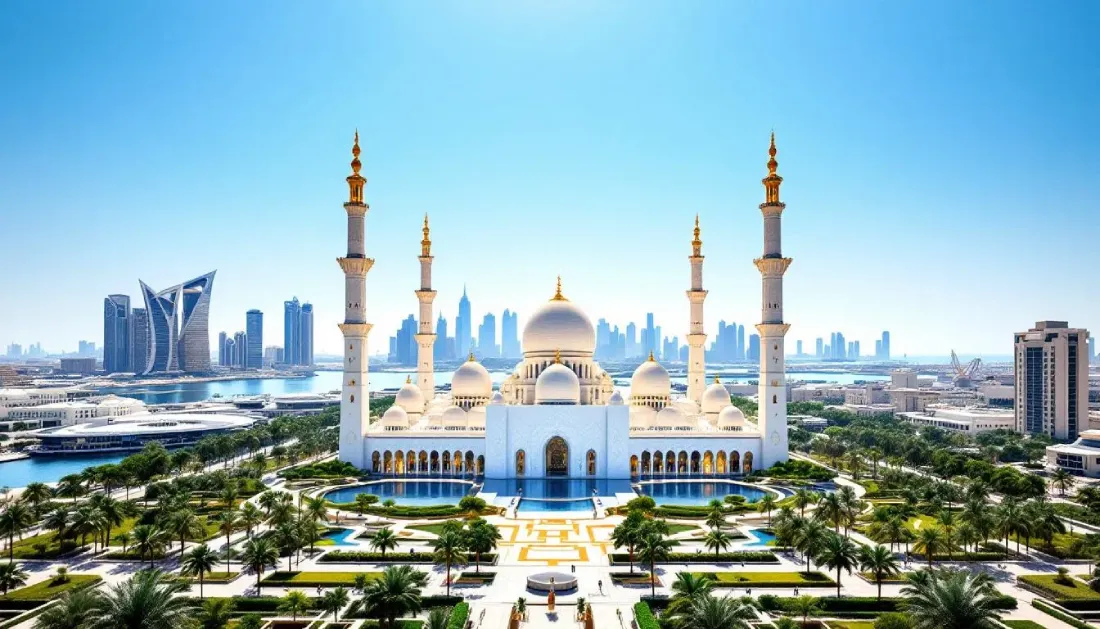
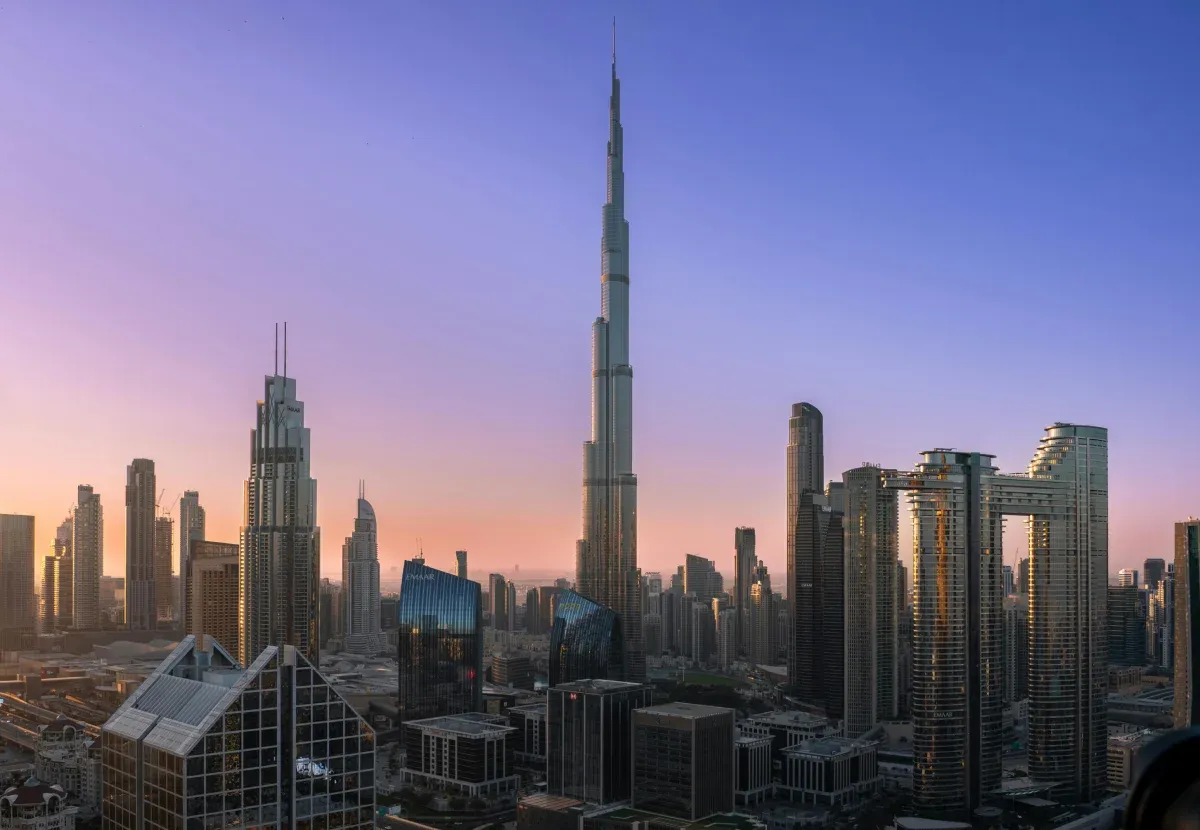
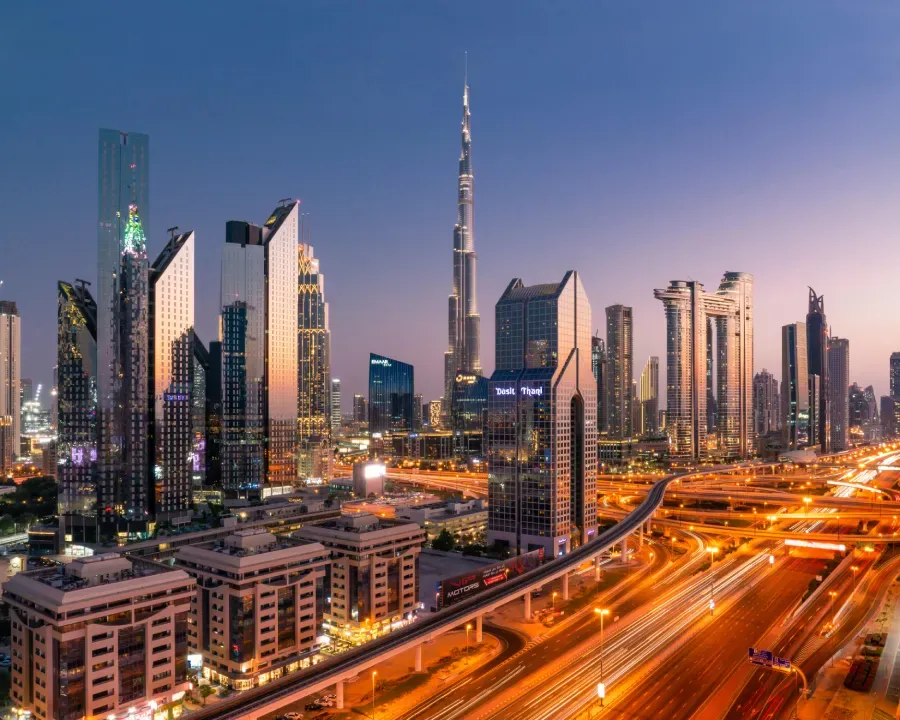
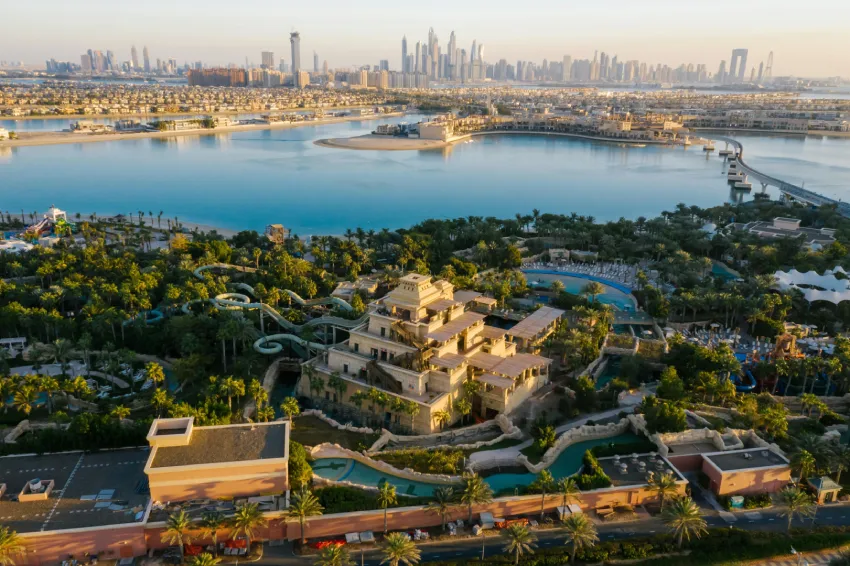
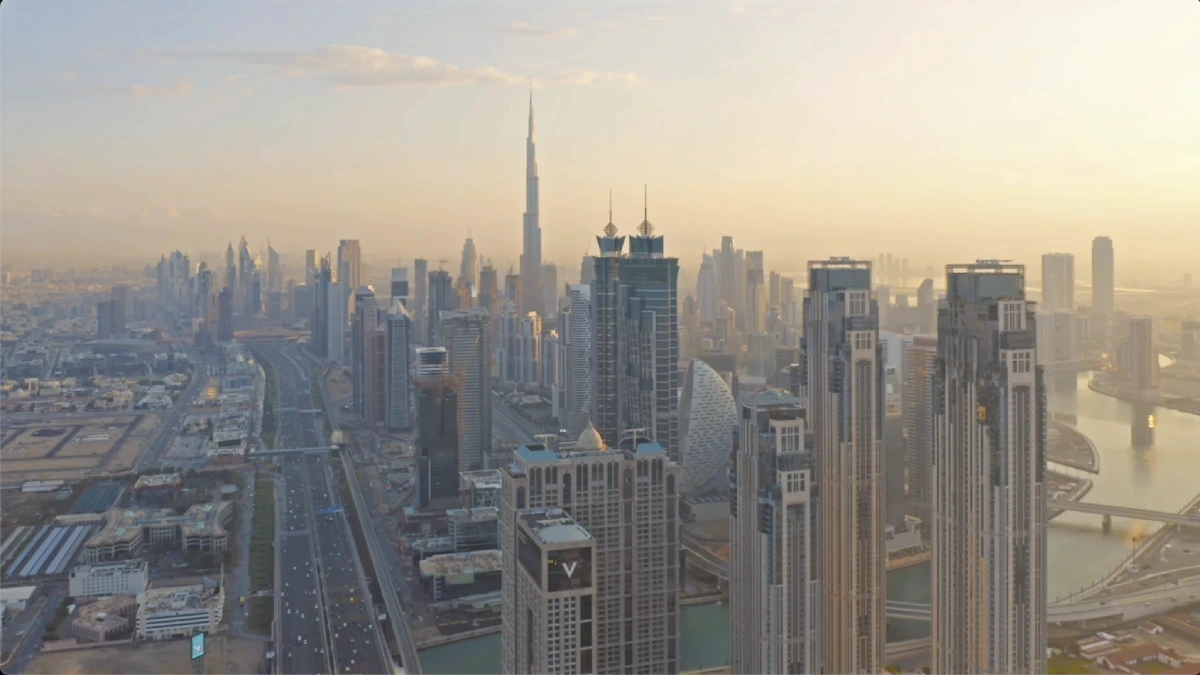



.webp)
.webp)
%20(2).jpg)



